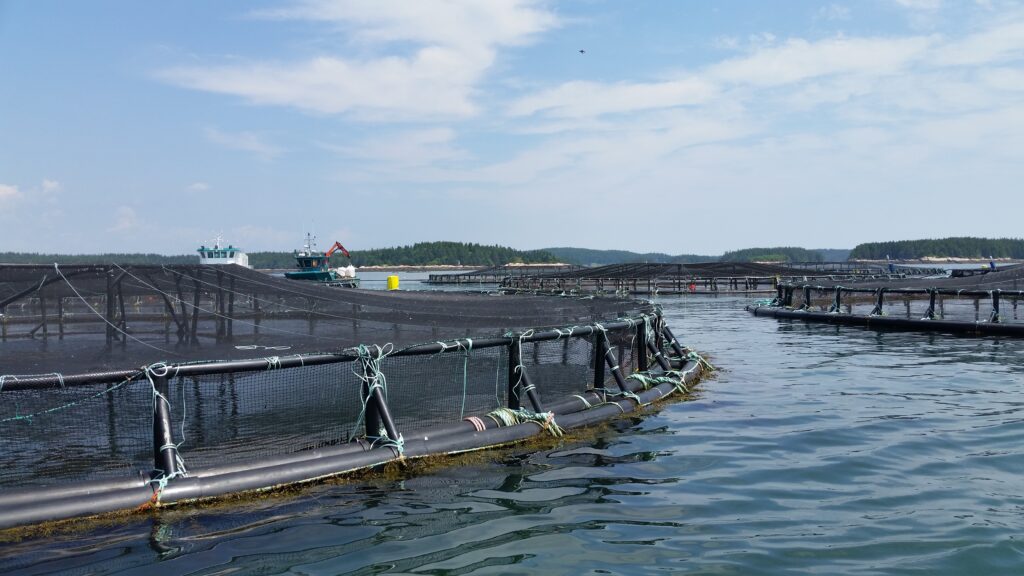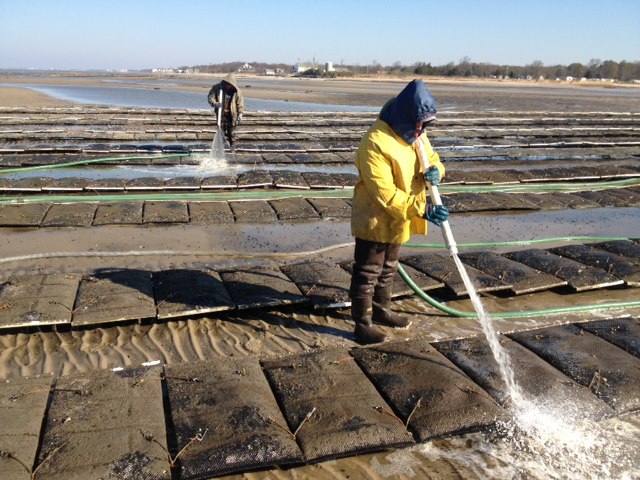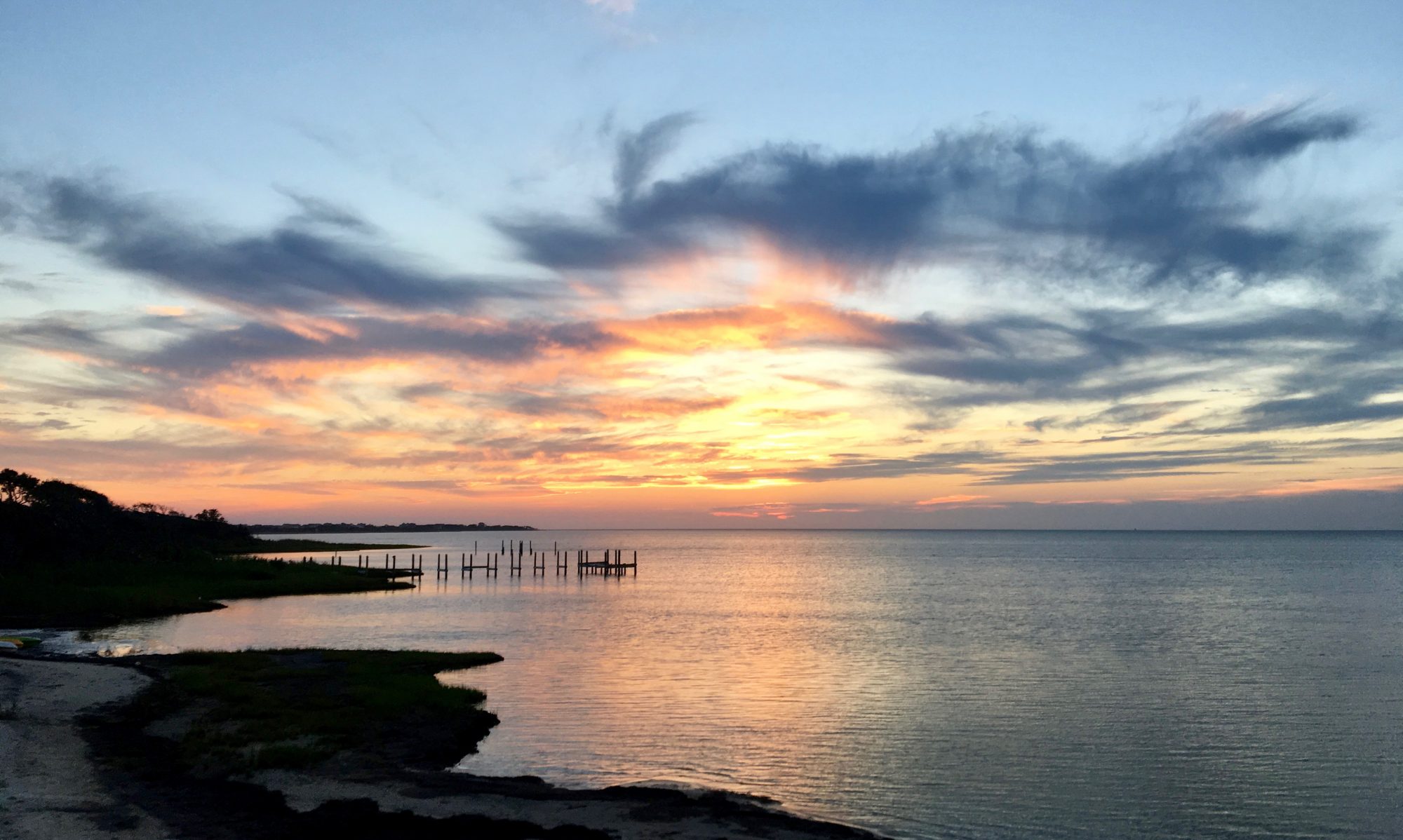By Paul Zajicek
Changing climactic conditions, advanced harvesting technologies, and population increases have collectively stressed the United States seafood stock. Offshore aquaculture shows prospect as an avenue to a future with sustainable seafood, yet the public’s enthusiasm for this industry has waned as a result of a variety of longstanding and inaccurate myths and assumptions directed at offshore aquaculture farming and its regulation. In response to this dilemma, a team of authors with combined marine aquaculture regulatory and/or production experience exceeding 120 years, has published in Reviews in Fisheries Science and Aquaculture a paper, entitled “Refuting Marine Aquaculture Myths, Unfounded Criticisms, and Assumptions”. The paper is available as open access. To read or download, click here.

The authors discuss sustainable domestic aquaculture development as a critical component to achieving greater U.S. seafood security in the future, yet detrimental allegations have corrupted public support. This paper refutes the most prevalent critiques by reviewing current policies, regulations, research, and industry production practices. These criticisms include: inadequate regulatory oversight; portrayal of farms as being high density factories unconcerned by feed waste, untreated discharge, use of antibiotic and antifungal treatments; entanglement of marine mammals; impacts on wild stocks and habitats; use of feed additives to pigment fish flesh; unsustainable use of fish meal in feed formulations; potential market disruption by producing cheap, low quality products; and commercial farms and commercial fishers cannot coexist as for-profit businesses.

Like other industries striving to mitigate future resource insecurities, marine aquaculture is not risk-free in terms of potential environmental, economic, social, and cultural impacts–and challenges remain to achieve a sustainable industry. Nevertheless, these challenges are well known and addressable by the U.S. and global research community.
The authors conclude that current offshore farming realities bode well for the future:
- There is a clear global imperative to sustainably produce more seafood to meet growing demand. The U.S. has the marine resources to become a major exporter, so long as U.S. law can be amended to grant offshore farmers a property right or security of tenure for sites in federal waters;
- U.S. ocean farmers work within a very complex and effective legal, regulatory, science-driven environment to anticipate and mitigate potential impacts;
- Farm level management decisions and federal and state regulatory frameworks have worked together to bring about environmentally friendly siting, operational, and production outcomes; and,
- The farming community and its advocates in government, universities, and industry recognize it is essential to reach out to decision-makers and the interested public, as well as critics, with the latest research and empirical results to present an accurate picture of risks and rewards to development.
Citation: Zajicek, P., Corbin, J., Belle, S., & Rheault, R. (2021). Refuting Marine Aquaculture Myths, Unfounded Criticisms, and Assumptions. Reviews in Fisheries Science & Aquaculture, 1-28.
Disclaimer: This post does not serve as an endorsement of the author’s opinion, nor does it express the views of the Coastal Society.

